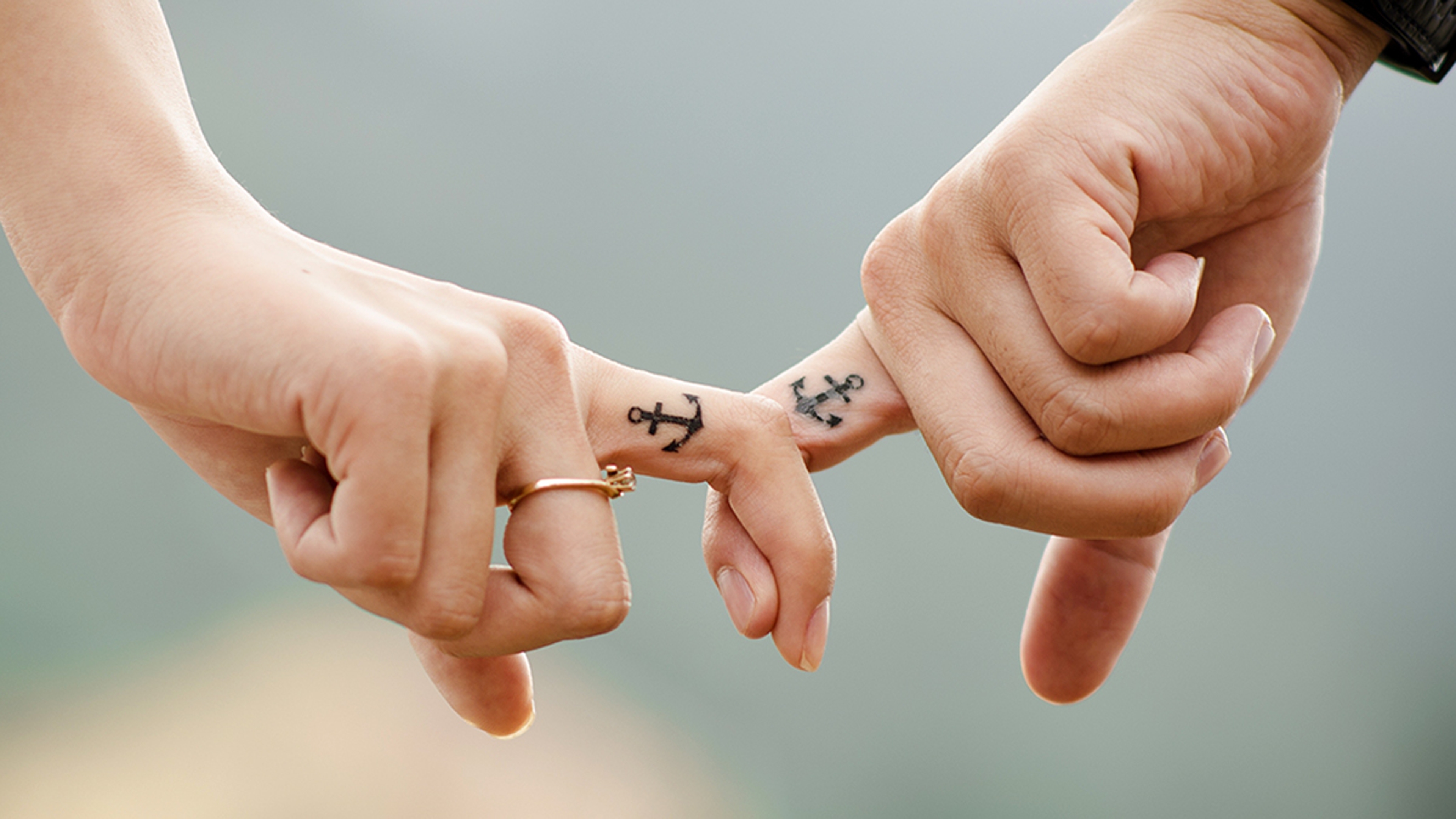5 Ways to Be More Empathetic
Here are five ways how you can be more empathetic to yourself and to others.
Jun 26, 2021
Empathy is the ability to understand someone else's emotions, see things from their point of view, and essentially, feel what they're feeling. Empathetic people pick up on other's emotions and act accordingly. They have empathy for families and groups of people as well as individuals.
Interestingly, being empathetic strengthens relationships. “Becoming more empathetic is the ability to step outside of one's own shoes, figuratively, and into another's," says Sarah DeCato, a home care and hospice community liaison nurse.

Being empathetic not only offers long-term benefits that contribute to a full life but influences others to develop empathy too. Below are five ways you can be more empathetic to yourself and others.
Explore acceptance
Acceptance begins by realizing you may never fully understand what someone else is experiencing, be it pain or overwhelming emotions. Exploring acceptance means being able to hear someone else's story without judgment, even if that person is distressed due to health problems, finances, a relationship, or feelings caused by trauma.
“The biggest barrier to empathy is emotional discomfort," says Dr. Karen Barrett, a professor of rehabilitation services. "Often, as humans, we see pain as something that needs to be fixed rather than just experiencing it." She says that if people realize that pain is part of the human experience, we'd be better prepared to support one another with true empathy.

Thus, the first step to exploring acceptance is to become more aware and accepting of our own vulnerabilities. That includes our level of self-esteem, our emotions, and our place in the world. Then, as we hope that our emotional needs will be accepted by others, we become more present to what they're going through. This happens due to our becoming intentionally self-empathetic.
Practice self-empathy
The practice of self-empathy kindles greater self-awareness, just as it supports our ability to be sensitive to other people's needs. The development of self-empathy promotes empathy for others without projecting our own feelings. This happens when we observe and are present to our circumstances, emotions, and responses to the world around us.
Tips for practicing self-empathy include:
- Being open to what you are experiencing without judgment about your feelings
- Reflecting on what it is like to be misunderstood or not heard
- Realize that pain and failure are normal parts of the human experience, and we should support one another through those times
As you take these steps, you're likely to become gentler with yourself and others. This is because your heart is opening and ready to be present to their journeys.
Open your heart
Your response to the suggestion to open your heart might be that you already do so, and that may be the case. Yet many of us spend a lot of time in our heads, thinking, planning, and responding to others. We can get caught up in judging ourselves and others based on social or personal opinions and biases, and this results in us being less accepting of other peoples' emotional ups and downs.

An open heart can witness and empathize with someone else's life trials. Basic ways to open your heart empathetically include:
- Taking a few deep, focused breaths to slow your thoughts
- Recalling how you felt when someone fully heard your story
- Thinking of something you'd like to share with others, such as a sunset, music, or an act of kindness you witnessed.
Engage in conscious listening
Conscious listening — also called active, deep, or mindful listening — involves being with someone else so that that person feels they have truly been heard. It means quieting your mind and being fully present to someone's story. This is conveyed through thoughtful use of facial expressions and repeating back what's been said.

Sarah describes one key element of conscious listening. “It's the silence that exists between communication transitions that allow for reflection and an understanding of practicing empathy," she says. "This transition can include body language, such as eye contact and touch." When you deeply listen to someone else's needs, you can become more attuned to which caring actions will be most meaningful for that person.
Carry out caring actions
Being empathetic and accepting of other people's situations can include actions as well as words. “Empathy doesn't need to be practiced only when another is in the same physical space," Sarah says. "Letting someone know you're thinking of them, though they may be miles away, is just as important. This can be a simple phone call, a video chat, a social media message, a handwritten note, or a flower delivery." Any of these can share special words and touches that make a person feel heard and accepted.
Part of learning to be more empathetic is being aware of how what we are doing — and who we are becoming — contributes to us as individuals and the world around us. “Instilling in our younger generations the importance of caring for others through the understanding of empathy is a lesson that can carry into adulthood," Sarah says. Empathy is one of the most important aspects of creating strong relationships, enhancing emotional awareness, and learning to relate to other people and their experiences. And, perhaps, most importantly? We are all capable of getting better at it.
Empathy gifts to show you care
We can all use a little more kindness in the world. Shop our empathy gifts collection for empathetic gifts to let your friends and family know you're thinking of them.








